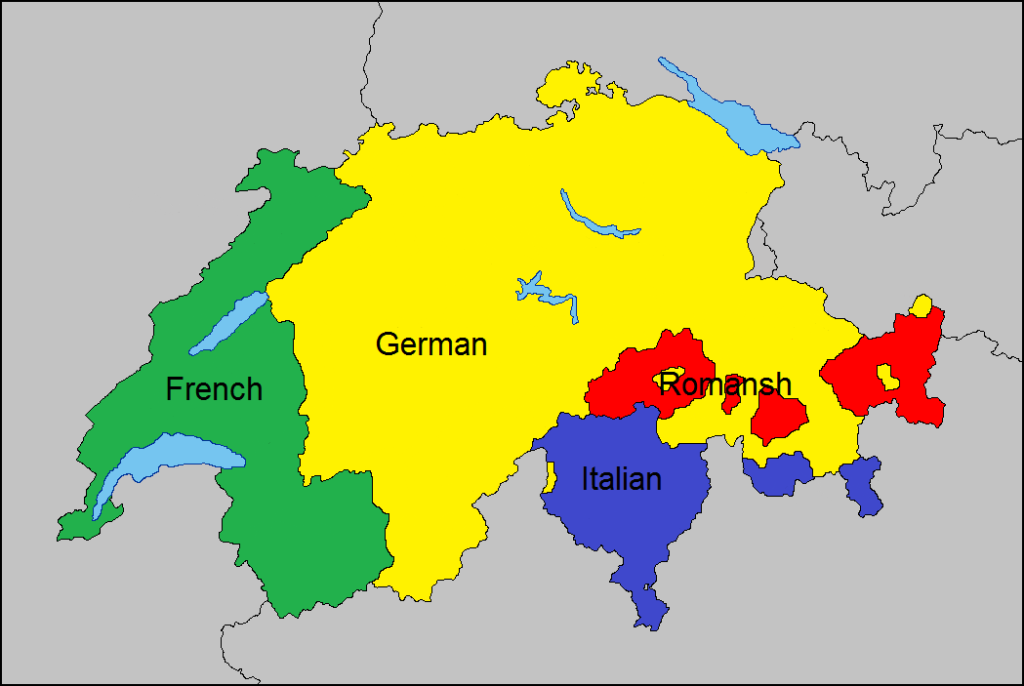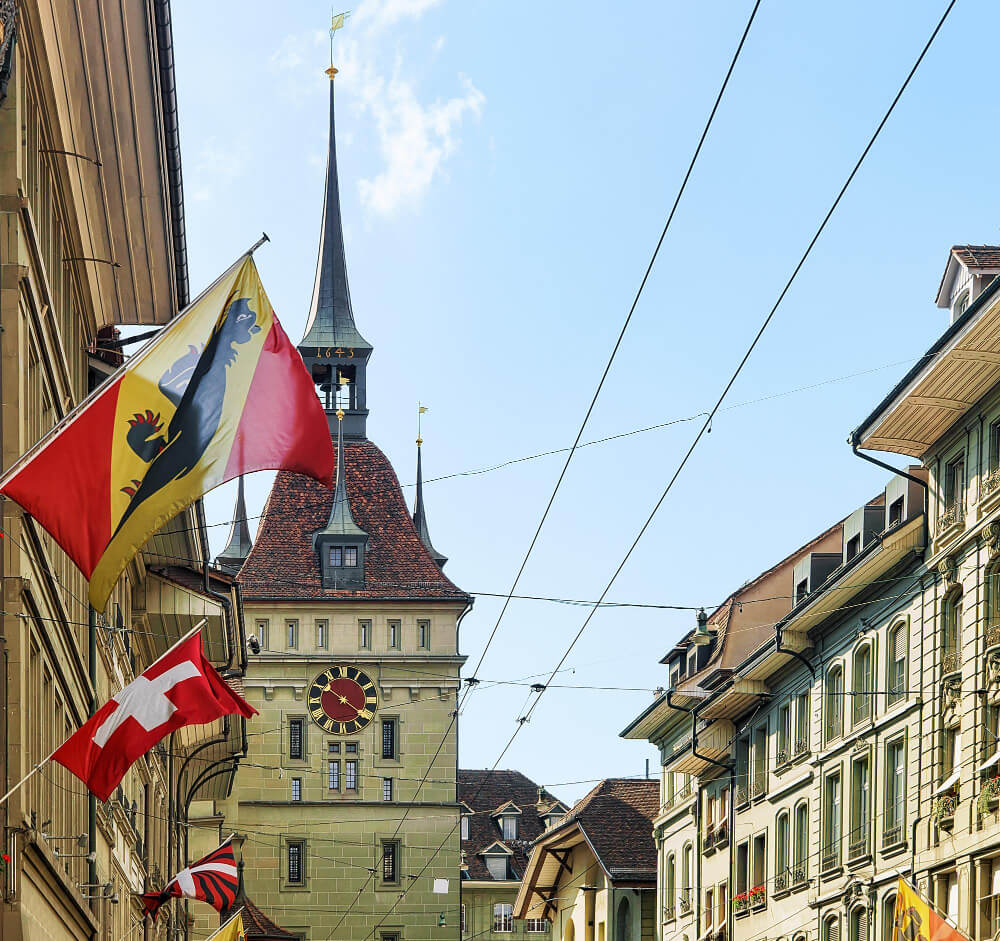
Swiss official languages
The Languages of Switzerland: Facts and Figures
Introduction

Switzerland is known for its breathtaking landscapes, delicious chocolates, and thriving economy. However, one aspect of Switzerland that often goes unnoticed is its diverse linguistic landscape. With four national languages and several regional ones, Switzerland truly is a multilingual country. In this article, we will explore the languages spoken in Switzerland, their history, and their importance in Swiss society.
The Four National Languages

Switzerland has four national languages: German, French, Italian, and Romansh. German is the most widely spoken language, with 63.7% of the population speaking it as their first language. French is spoken by 22.5% of the population, followed by Italian at 8.1%, and Romansh at 0.5%. While these are the four official languages, there are also several regional languages spoken in Switzerland, such as Swiss German, Ticinese, and Vallader.
The History of Swiss Languages

The linguistic landscape of Switzerland is as diverse as its geography. The country’s linguistic history is rooted in the Roman Empire’s conquest of the region, which brought Latin to the area. Over time, various Germanic tribes migrated to Switzerland, bringing their languages with them. French and Italian came into play when various regions were annexed into the Swiss Confederation in the 19th century. Finally, Romansh, a language derived from Latin, has been spoken in the eastern part of Switzerland for centuries.
The Importance of Languages in Swiss Society

Switzerland’s linguistic diversity is an essential aspect of its national identity. The country’s political structure is based on the principle of linguistic and cultural diversity, with the four national languages recognized as equal. This means that all official documents, from passports to road signs, are written in all four languages. Additionally, all students are required to learn at least two of the national languages, ensuring that everyone can communicate with each other effectively.
Conclusion
Switzerland’s linguistic landscape is a fascinating aspect of its culture and history. With four national languages and several regional ones, Switzerland is truly a multilingual country. The importance of language in Swiss society cannot be overstated, as it is a fundamental aspect of the country’s national identity. By understanding the languages spoken in Switzerland and their history, we can gain a deeper appreciation for the country and its people.
Contact Us Today
If you’re a foreign national living in Switzerland, and you need help navigating the Swiss legal and bureaucratic systems, contact us today to learn more about how we can help. We’re here to support you every step of the way, and we look forward to helping you achieve your goals.

